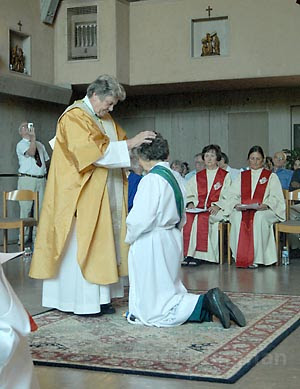When my wife and I were married we went to Riviera Maya, Mexico for our honeymoon. We got up before the sun rose and drove to the airport. There we boarded a plane and took a four and a half hour flight to Cancun. Our travel agency met us at baggage claim and ushered us into an air conditioned bus. Once everyone was loaded we departed for the resort.
The trip to the resort did not take us through the nicest of neighborhoods. We passed through neighborhoods where people were living on the streets or in one room shacks without doors. There was no running water, bathrooms, or sanitation. Garbage collection and disposal was non-existent. Seeing how some people scratched out a miserable existence makes one appreciate the many blessings we have in life.
The resort was a gated paradise in comparison to the neighborhoods we passed through to get there. There was plenty of food and drink. The beaches were pristine. We didn’t have a worry in the world when we were there. We had all we could do to just drink piña coladas from our hammocks beside the ocean.
This trip was a microcosm of life. We are born, journey through life, and then reach our destination. As with any trip it is good to begin with the end in mind. Where do you want to end up? Far too many of us meander about searching for a destination. I want to be rich with a big house and a fancy car. If we achieve that then what? There is always more we can gain.
A Christian’s destination should always be heaven. The journey to get there will always be through some bad neighborhoods. For some, the neighborhoods will be worse than others but no one reaches heaven on golden roads through the country club estates. Suffering is the currency of love and heaven requires suffering. Even Mary, the most perfect of our race, suffered tremendously. Why should we expect better?
Faith is much like the bus we rode to the resort. A strong faith allows one to travel through the bad times with hope for we know what awaits us. Without a destination or a bus to get you there you are left to meander in the bad. This is the true definition of misery.
In the circles I frequent I interact a lot with people who can only see the sky falling down around us. Pope Francis is the anti-christ who is going to bring about the end of the Church. This bishop is dividing the Church this way or that. The end is near. We’re all doomed.
I don’t know about them but I have read the end of the book. I know who wins. We have been told this sort of thing would happen and not to be taken away by the signs of the times. We are told that Jesus is the head of the body, the Church. He, himself, told us that he would be with us until we reach our destination. If these things are true and I truly believe them then what do I really have to fear? If Jesus is driving the bus and he takes us through bad neighborhoods maybe it is because there is something he wants us to learn. Maybe he wants us to grow to be more than ourselves. Maybe he wants us to change. Throughout all of human history God has used flawed and broken people to bring humanity a little closer to himself.
An angel is a messenger from God. An angel always begins the message they are to deliver in the same way. “Do not be afraid. May the peace of the Lord be with you.”
Hate is driven by fear. Do not be afraid. Jesus is in control and we are on a bus bound for paradise. There will be bad times but they are there to strengthen our faith and bring us closer to God. Trust in the Lord and he will get you safely through the tempest.














